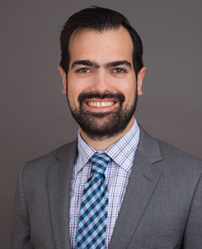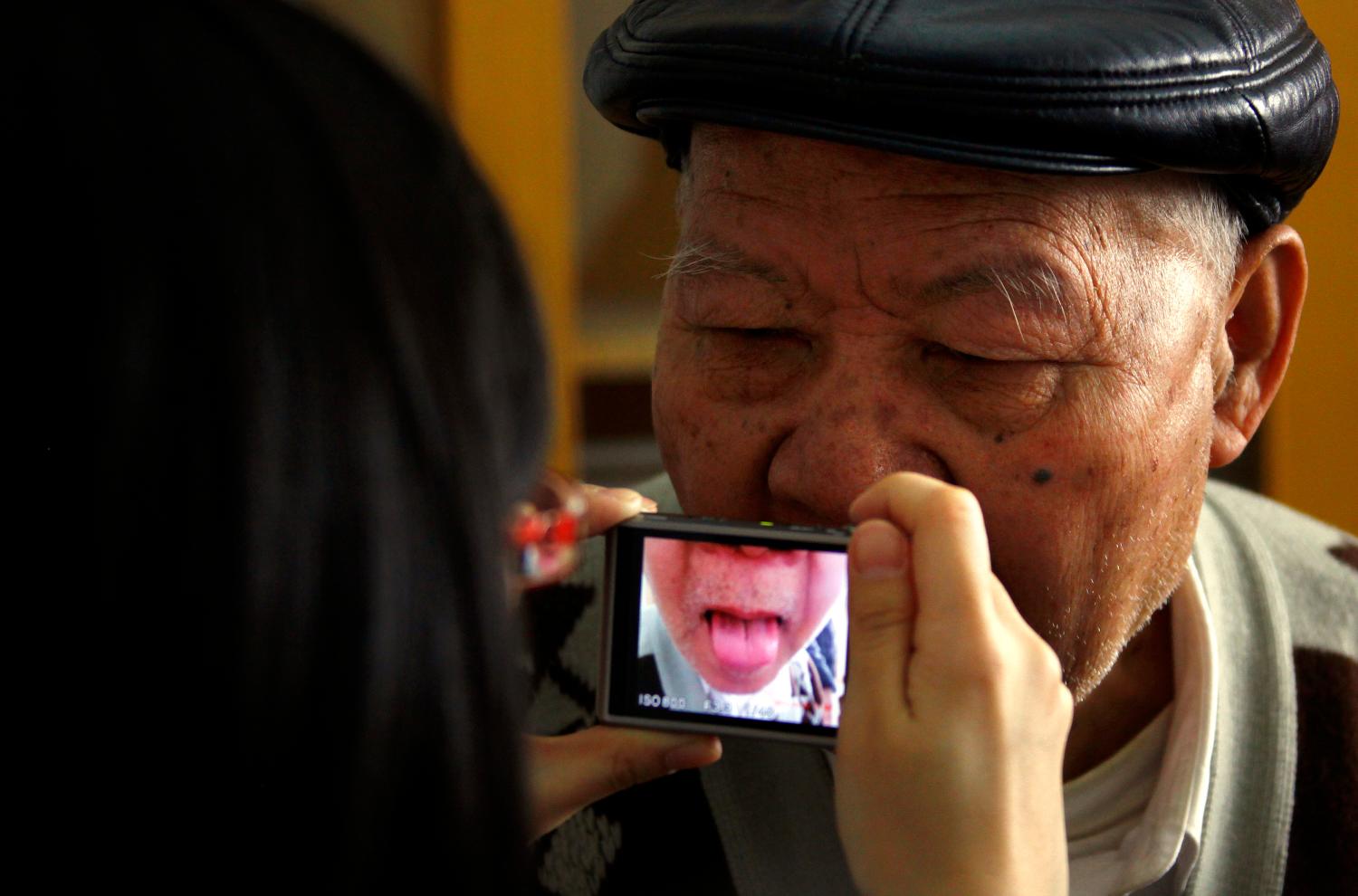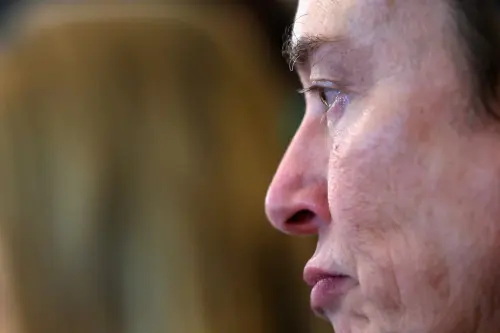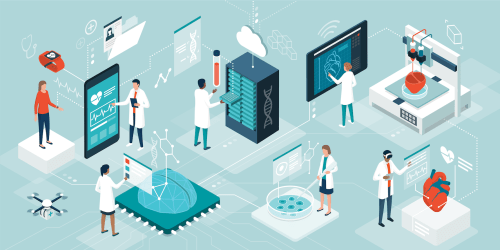Health care represents a major challenge for many countries as rising health care costs, aging populations, access disparities and chronic illnesses threaten traditional health care systems. Mobile technology can help address these issues, argue Darrell West, Joshua Bleiberg, and a number of academics with the China Academy of Telecommunication Research of MIIT, by boosting productivity, aiding communications, encouraging better health data collection, and analysis and helping providers improve affordability access and treatment.
In particular, China and the United States provide strong examples of recent developments and emerging opportunities in mobile health, or mHealth. In order to best leverage these advances, China and the United States must change operations and policy practice in order to facilitate the growth of the mHealth sector and ultimately capture the benefits of mobile technology in healthcare, these scholars assert.
The authors suggest four ideas that policymakers can extol and undertake to speed the development and adoption of mHealth:
1. Mobile devices offer the potential to improve affordability of health care by lowering disparities based on geography and income. Policymakers should encourage the use and adoption of cellphones, smartphones, and tablets in medical care;
2. Public officials should reimburse health providers who offer consultations, diagnoses, and treatment through remote monitoring devices and other types of mobile technologies;
3. Mobile phones aid the patient experience by providing a means to deliver medical reminders and diagnostic information to patients and physicians. Reminders via text messages or mobile phones can encourage patients to take medication at the suggested time and dosage, and this will improve the quality of patient care;
4. mHealth helps policymakers by encouraging better health data collection and analysis. Figuring out what works and doesn’t work is one of the biggest challenges in health care.
The Brookings Institution is committed to quality, independence, and impact.
We are supported by a diverse array of funders. In line with our values and policies, each Brookings publication represents the sole views of its author(s).





